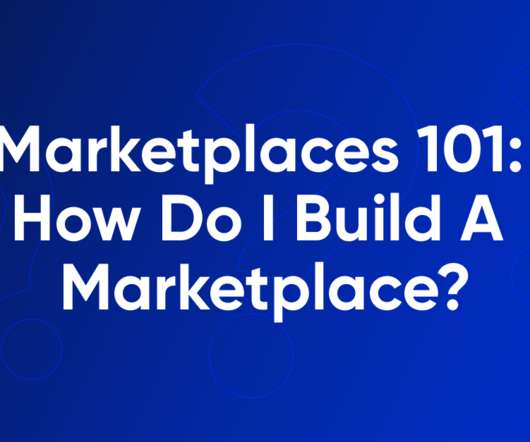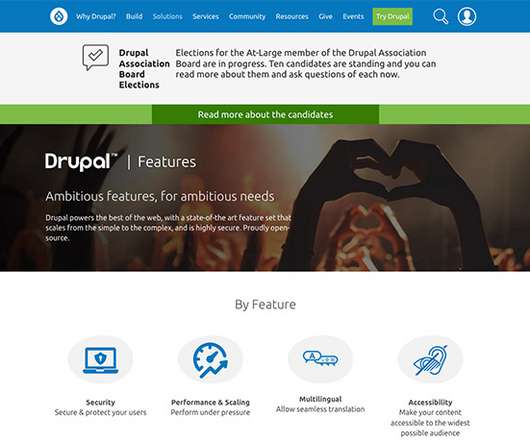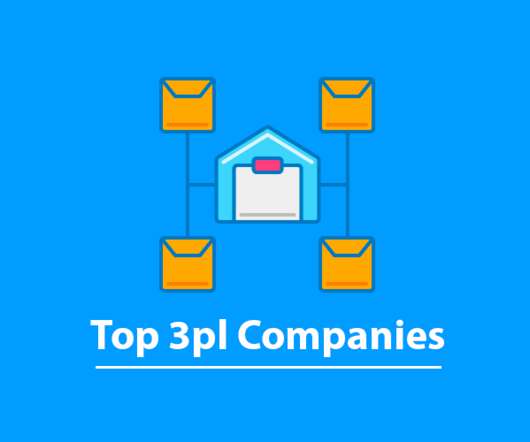eCommerce Marketplaces 101: How Can I Leverage Them?
GetElastic
OCTOBER 6, 2021
So whether you participate in a marketplace as the owner or simply as a partnering contributor, your business will benefit from more consumer impressions across your products and services, thus leading to a higher chance of conversion. You’ll be able to save cost on an eCommerce infrastructure as your operator handles most of the operation.











Let's personalize your content